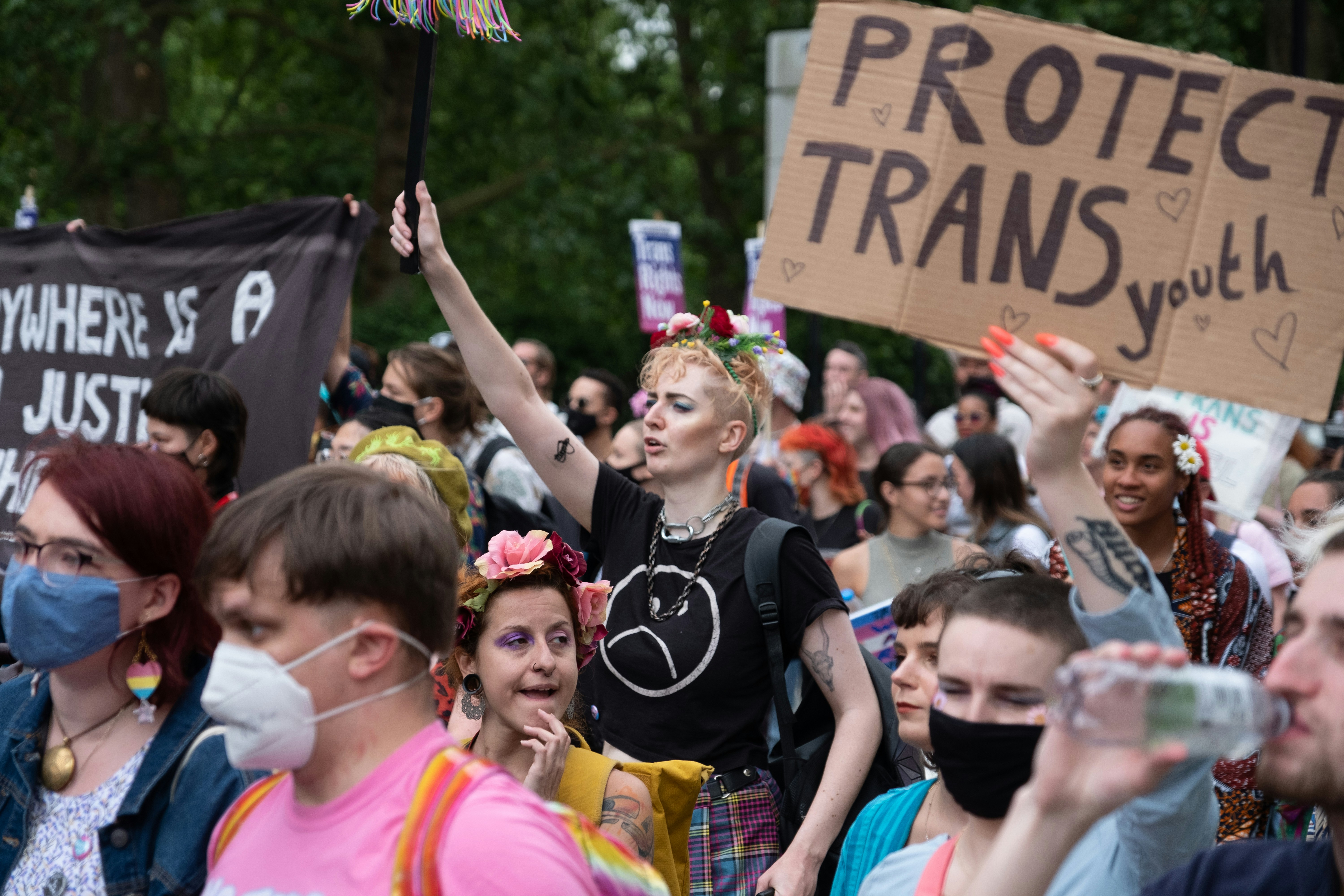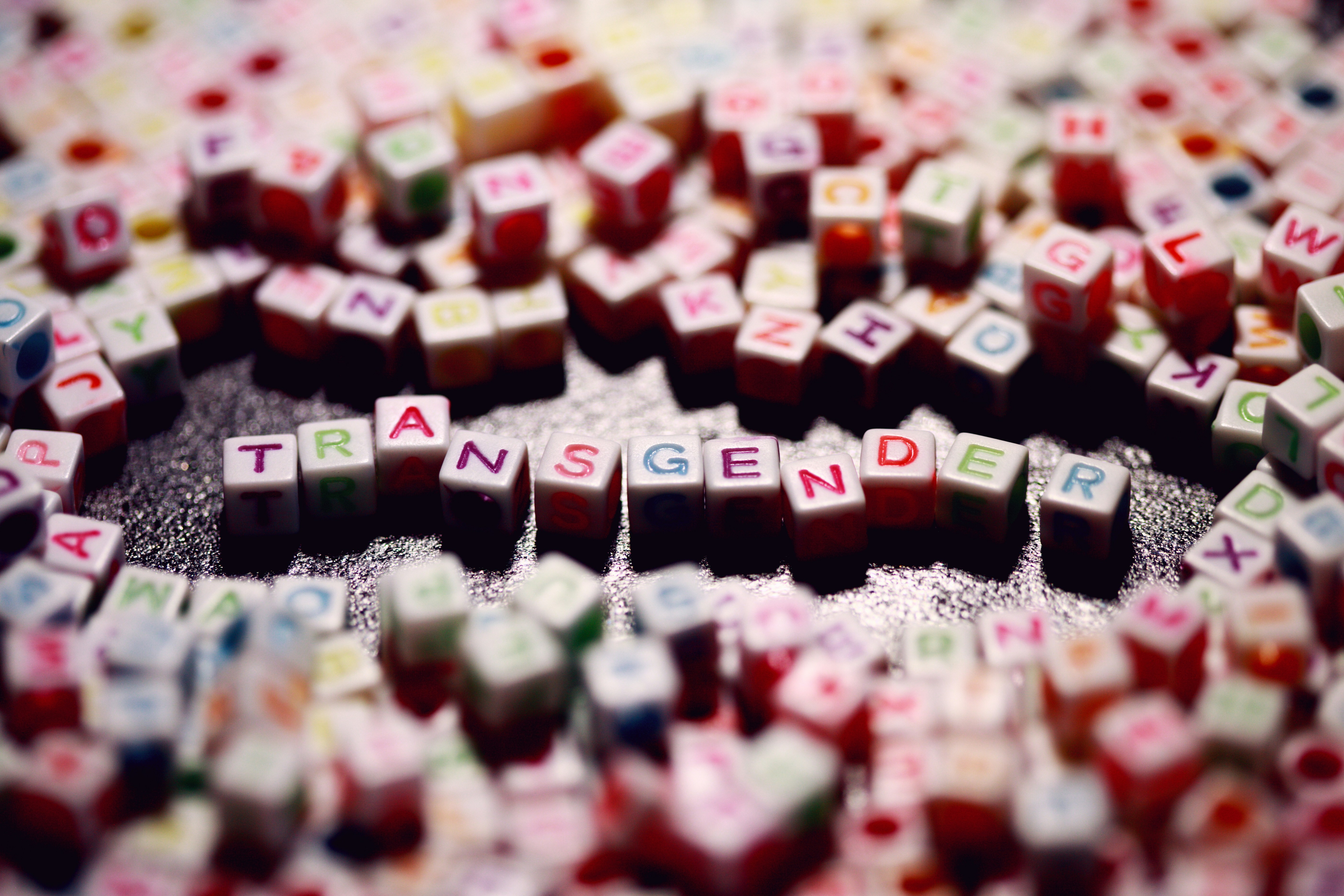
The Pursuit of Recognition and Acceptance: The Journey of France’s Transgender Community Through Self-Discovery and Advocacy
In France, a country celebrated for its revolutionary spirit and profound social movements, the journey toward visibility and acceptance for transgender individuals is marked by both inspiring progress and significant challenges. The path these individuals navigate is often a poignant tale of self-discovery intertwined with fervent social activism as they seek to reshape societal perceptions and achieve equal rights.
 Historical Context and Current Challenges
Historical Context and Current Challenges
The historical context in France regarding transgender rights has evolved dramatically over the past few decades. Initially, transgender individuals faced extreme social stigma and legal invisibility. It wasn’t until 2016 that France removed the requirement for transgender people to undergo sterilization to have their gender legally recognized, a move that signaled a significant shift toward human rights respect. However, despite legal advancements, social acceptance has lagged. Many transgender people in France still face discrimination in various areas of life, including employment, healthcare, and housing.
 The Role of Community and Activism
The Role of Community and Activism
In the face of these challenges, community support and activism have become lifelines for many transgender individuals. Organizations and support groups across France provide not only a safe haven but also a platform for advocacy and public education. These groups work tirelessly to organize events, workshops, and campaigns aimed at increasing the visibility of transgender people and educating the public on gender diversity.
Activism has also taken a digital turn, with many using social media to share their stories and connect with others globally. These digital spaces not only foster a sense of belonging and community but also serve as powerful tools for activism and public engagement.
Self-Discovery Through Expression
For many transgender individuals, the journey is as much about personal self-discovery as it is about social activism. Artistic expression becomes a vital outlet for many. Through mediums such as writing, painting, film, and performance, transgender artists can explore and express their identities. This not only aids their own personal growth and acceptance but also challenges public perceptions of gender and identity.
 Healthcare: Progress and Pitfalls
Healthcare: Progress and Pitfalls
Access to transgender-specific healthcare is a critical issue in France. While there have been improvements in healthcare provision and accessibility, many barriers still exist. Transgender individuals often encounter healthcare professionals who lack the necessary training or sensitivity regarding transgender issues, which can lead to negative experiences and inadequate care.
Moreover, the path to transitioning in France, which includes hormone therapy and surgeries, is often fraught with bureaucratic and medical gatekeeping, making it difficult for many to begin or continue their transition. These hurdles highlight the need for continued advocacy and policy reform to ensure that all individuals can access the care they need without undue burden.
Navigating Public Spaces and Employment
Public spaces and the workplace are significant arenas for both discrimination and acceptance. In public spaces, transgender individuals often face harassment and violence. In the workplace, discrimination can manifest in hiring practices, career progression, and daily interactions with colleagues. To combat this, many organizations and activists push for comprehensive anti-discrimination laws and policies alongside training programs aimed at fostering inclusive environments.
 A Note on Diverse Experiences
A Note on Diverse Experiences
It’s important to acknowledge the diversity within the transgender community itself. Experiences vary widely depending on factors such as race, age, economic status, and geography. For example, transgender individuals in urban areas like Bordeaux might find more community resources and social acceptance than those in rural areas. In fact, cities like Bordeaux are becoming increasingly recognized for their supportive environments. For those seeking community connections or services in escort Bordeaux, platforms like LoveSita can provide localized support and information.
The International Context
France’s struggle for transgender rights and acceptance must also be viewed within an international context. Globally, many countries are grappling with similar issues. International collaboration and solidarity are crucial as they allow for the sharing of strategies, successes, and support.
In this global dialogue, France can both contribute to and learn from the experiences of other nations. Countries like Canada and Argentina have made notable advancements in transgender rights, offering valuable lessons on legislative frameworks and community support systems. Conversely, French activists can provide insights from their own unique cultural perspective, highlighting successful grassroots movements and advocacy strategies.
This international exchange not only enriches each country’s approach but also fosters a sense of global community among transgender individuals and their allies, reinforcing the idea that the fight for equality transcends borders.
Conclusion
The quest for visibility and acceptance for transgender individuals in France is a dynamic interplay of personal and collective struggles. While significant strides have been made, the road ahead remains complex. Each step forward in this journey of self-discovery and social activism not only contributes to individual lives but also weaves into the broader tapestry of human rights advancement. As society continues to evolve, the hope is that acceptance and understanding grow, paving the way for a future where all individuals can live authentically and safely in their identities.




 Historical Context and Current Challenges
Historical Context and Current Challenges The Role of Community and Activism
The Role of Community and Activism Healthcare: Progress and Pitfalls
Healthcare: Progress and Pitfalls A Note on Diverse Experiences
A Note on Diverse Experiences